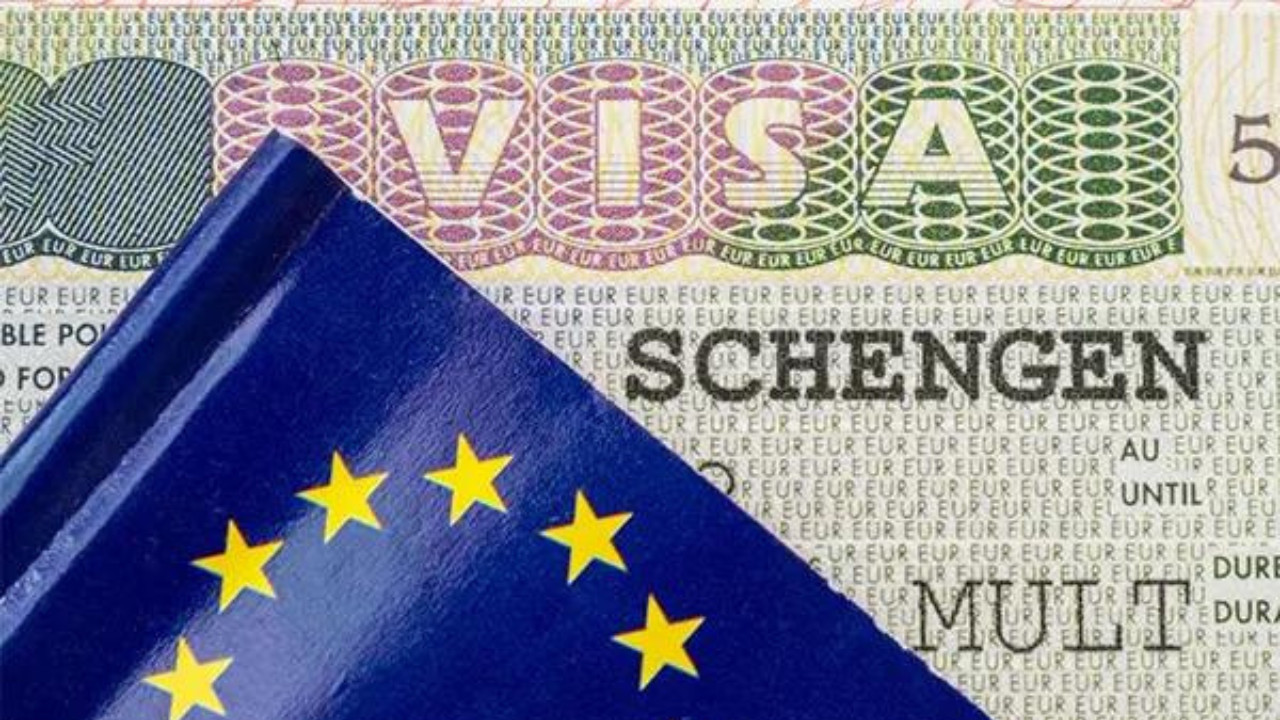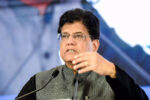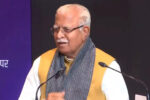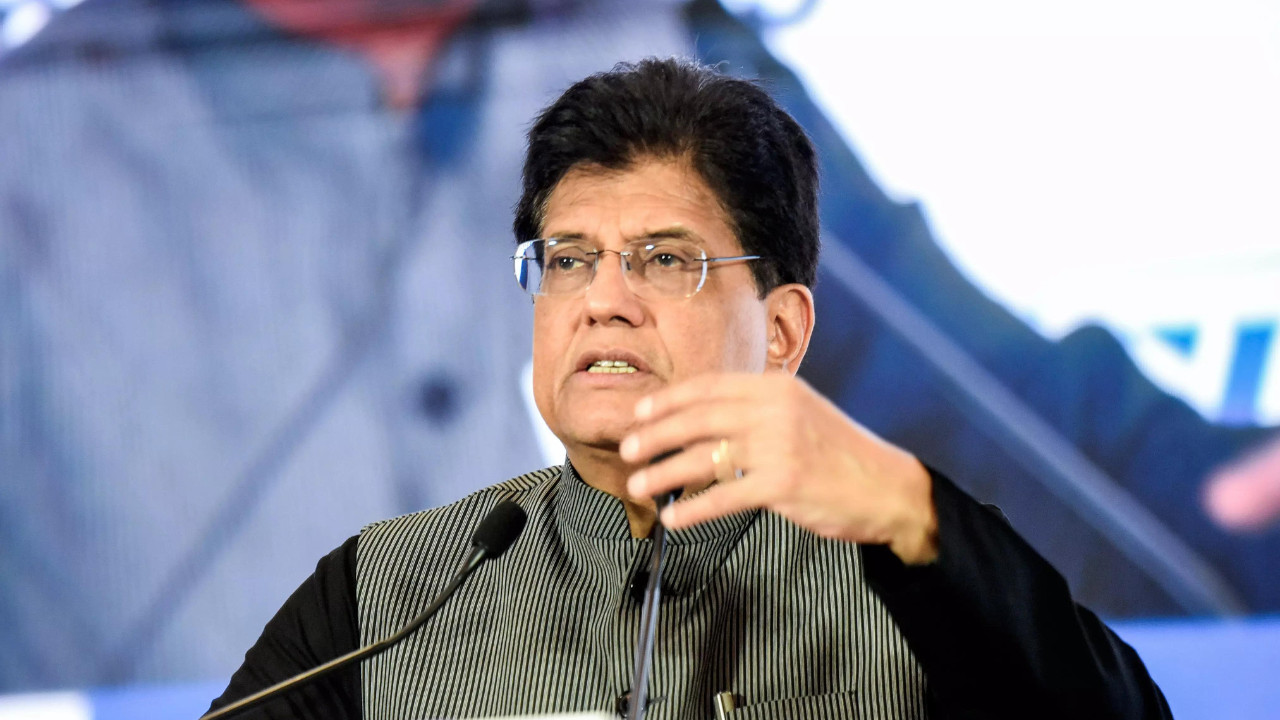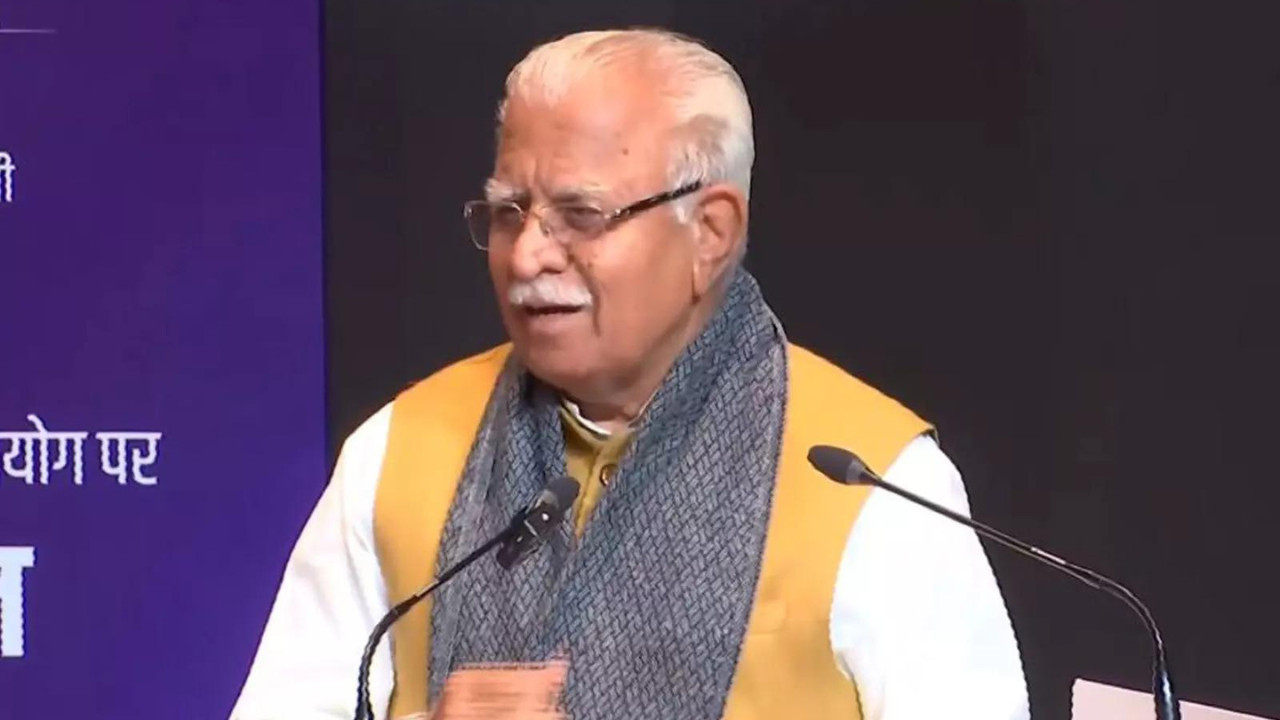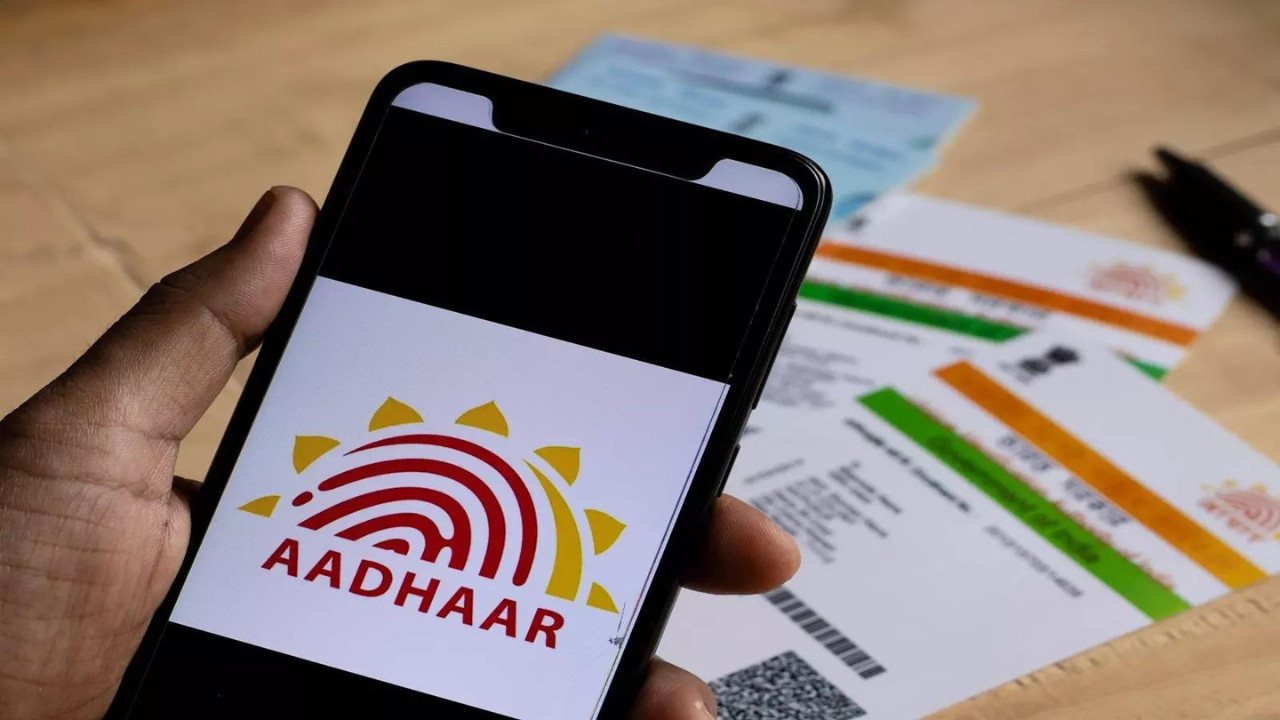In 2024, over 1.65 lakh Indian Schengen visa applications were denied, costing applicants nearly Rs 136 crore in non-refundable fees. India ranks third globally in visa rejection costs, with a rejection rate of nearly 15% out of 11.08 lakh applications. This has raised concerns about transparency and impacts tourism and business travel.
Schengen Dream Deferred: When Europe’s Door Closes and Wallets Wither
Planning a European escape? Picture yourself strolling through Parisian cafes, gazing at the Roman Forum, or skiing down the Swiss Alps. Sounds idyllic, right? But hold that postcard-perfect image for a moment, because a stark reality is casting a shadow over many Indian travelers’ Schengen dreams: rejection. And these rejections aren’t just disappointing – they’re costing a small fortune.
Recent figures paint a sobering picture. So far in 2024, a staggering 1.65 lakh Schengen visa applications from India have been turned down. Let that number sink in. That’s 165,000 meticulously planned trips, painstakingly crafted itineraries, and eagerly anticipated experiences that have evaporated. But here’s the kicker: these rejections translate to a collective loss of a whopping Rs 136 crore (approximately $16.4 million). Ouch.
Why such a significant financial blow? Well, applying for a Schengen visa isn’t exactly a budget affair. There are visa fees, of course, but that’s just the tip of the iceberg. Think about those non-refundable flight bookings, pre-booked accommodation, and the hefty travel insurance policies often required. These are all sunk costs, vanishing into thin air the moment that dreaded rejection letter arrives.
This isn’t just a story about statistics; it’s a story about shattered aspirations. Imagine a family saving for years to finally afford that once-in-a-lifetime European adventure. They spend months researching, meticulously planning every detail, only to be met with a bureaucratic wall. The disappointment is palpable, and the financial strain is undeniably real.
So, what’s behind this rise in rejections? There’s no single, easy answer. Some point to increasingly stringent immigration policies across Europe, a consequence perhaps of heightened security concerns and a shifting political landscape. Others suggest that incomplete applications or insufficient documentation play a significant role. It’s a complex web of factors, and navigating it can feel like an exercise in futility for the average traveler.
One common pitfall is providing inadequate proof of financial stability. The Schengen authorities want assurance that you can support yourself during your trip and won’t become a burden on the system. This means providing detailed bank statements, evidence of employment, and even proof of assets. The bar is often set quite high, and applicants can easily fall short if their documentation isn’t impeccable.
Another area where applications often stumble is clarity of purpose. Vague travel itineraries or poorly defined reasons for visiting can raise red flags. Applicants need to clearly articulate their travel plans, specifying exactly where they’ll be going, what they’ll be doing, and how long they intend to stay. A well-structured cover letter, outlining the purpose of the trip and demonstrating a genuine intention to return home, can make a significant difference.
The impact of these rejections extends beyond individual travelers. The travel industry itself takes a hit. Travel agencies, airlines, and hotels all suffer when potential tourists are denied entry. It also tarnishes the image of Europe as a welcoming destination, potentially diverting Indian travelers to other parts of the world.
What can be done to mitigate this issue? First and foremost, thorough preparation is key. Double-check every document, ensure all information is accurate and up-to-date, and seek professional advice if needed. Travel agents specializing in Schengen visas can provide invaluable guidance, helping applicants navigate the complex requirements and avoid common pitfalls.
Furthermore, perhaps it’s time for Indian authorities to engage in constructive dialogue with their European counterparts. Open communication and a collaborative approach could help streamline the visa application process and address the underlying concerns that lead to rejections.
Finally, while it’s easy to feel discouraged, it’s important to remember that a rejected visa application isn’t necessarily the end of the road. Applicants have the right to appeal the decision, providing additional documentation and clarifying any ambiguities in their initial application.
The Schengen area offers a world of incredible experiences, and the desire to explore its wonders is perfectly understandable. However, before you book that dream trip, take a moment to understand the complexities of the visa application process. Do your research, be meticulous in your preparation, and, perhaps most importantly, be patient. While the road to Europe might be paved with bureaucratic hurdles, with careful planning and a bit of perseverance, your Schengen dream might still become a reality. Just remember to brace yourself for the potential financial sting if things don’t go according to plan.
📬 Stay informed — follow us for more insightful updates!
